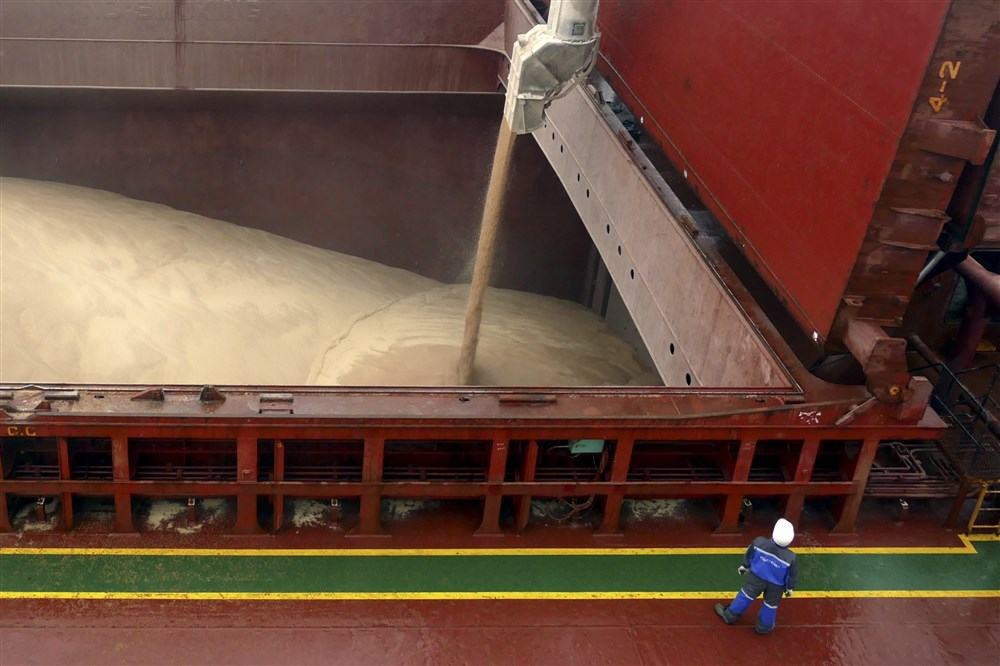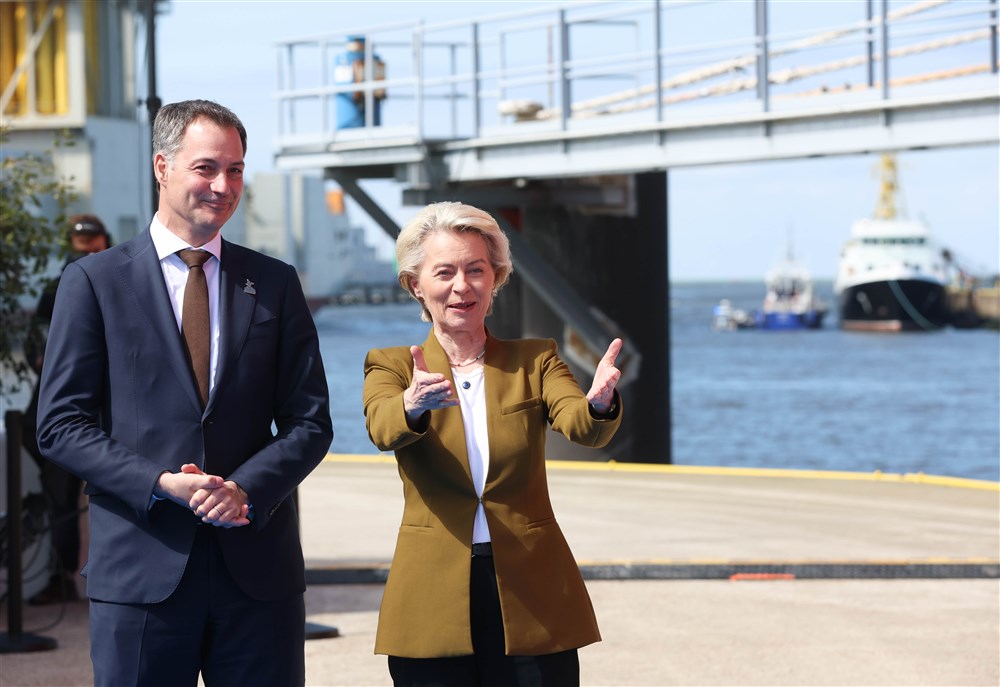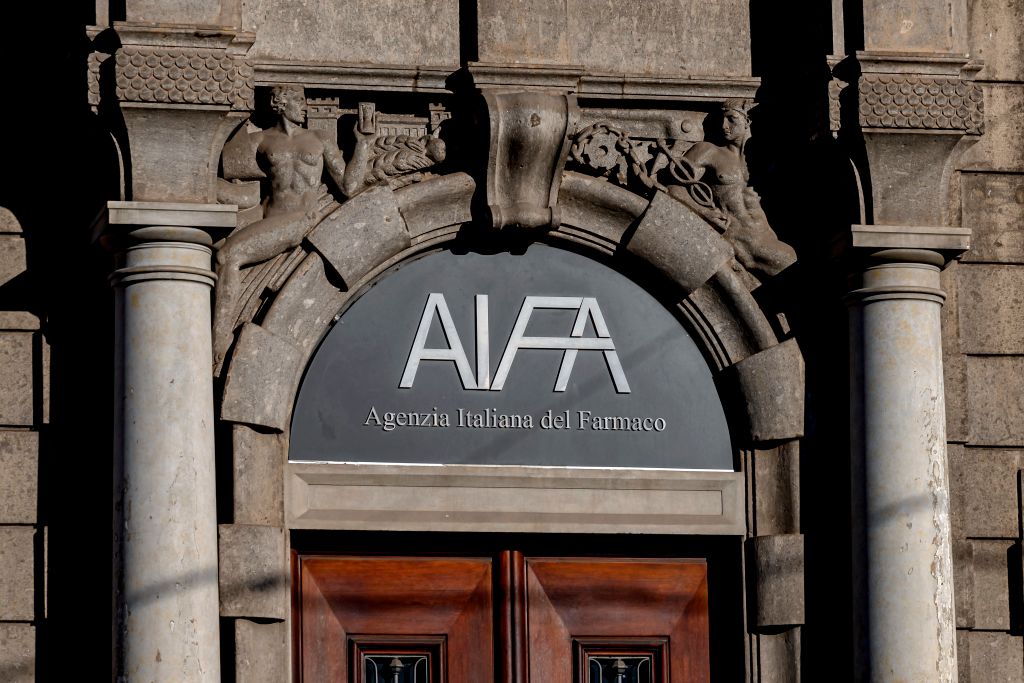Two EU officials who engaged in agricultural subsidy fraud have escaped punishment due to the slow workings of the Belgian courts.
Although they were found guilty at the initial trial in 2021, the appeal court ruled this year that the case was time-barred, meaning they have escaped punishment.
Investigative journalists from Follow the Money (FTM) uncovered that the convicted officials, one of whom still works at the European Commission, were involved in subsidy fraud and money laundering related to EU agricultural subsidies. Following the appeal court ruling in January, they have walked free.
The European Anti-Fraud Office (OLAF) estimated the total fraud against the European budget at more than €13 million.
The pair helped a now convited couple defraud the EU subsidy budget with their company in 2008, the court heard. Their scam involved lending money to Bulgarian and Cypriot agricultural organisations that thereafter landed European subsidies to promote their agricultural products in other countries. In March 2013, the Brussels prosecutor’s office opened an investigation.
Through inflated and fake invoices to farming organisations, the couple funnelled the million-dollar subsidies through their companies and accounts in Belgium, Cyprus, Bulgaria, Poland, Ukraine and Estonia back to their own companies and accounts. They did this with the help of officials at the Commission.
One of them is reported to still work at the Commission’s Directorate-General for Agriculture. Thanks to his key position, he was an asset for those applying for subsidies.
The convicted couple are reported to have had compromising photos of a DG Agriculture official for blackmail purposes. The photos showed a meeting and a summary of payments, accompanied by a note stating: “Crook that takes bribes wants to become politician,” a reference to the fact that the accused was a candidate in elections.
The official told the court he had received the money but said it was for charity and that he had transferred the money to a Greek priest, an explanation the judges dismissed as “utterly implausible”.
The criminal file also mentioned suspicious transactions on the account of another Greek European Commission official. That official was also suspected of bribery but was only convicted for money laundering. He received €240,000 from a Ukrainian company that was part of the fraud network, the investigation showed.
The EC officials avoided punishment but two others, reported to be the leaders of the gang, were sentenced to four years’ imprisonment and a ten-year ban on doing business in Belgium, as well as fines.
“The acts committed by defendants are extremely serious and reprehensible,” the judge said in her original ruling. Their way of life was “based solely on deception, abuse, and self-enrichment at the expense of society and fellow citizens.” Neither did they show any remorse, the judge noted.
But then, in January of this year, the Court of Appeals decided the case was barred by the statute of limitations.
The European Commission has initiated disciplinary proceedings against both men but has not required compensation for the stolen money, the Dutch investigation team reported. Neither has the Commission suspended or withheld the officials’ salaries despite having the power to do so.
“The inability to bring justice to this case is staggering,” said Nicholas Aiossa of the anti-corruption NGO Transparency International to FTM. “Here, huge errors in the Belgian judiciary seem to go hand in hand with inadequate disciplinary procedures at the European Commission.”
Critics fear the same might happen again to those involved in the Qatargate scandal, the biggest EU corruption scandal in recent years.





